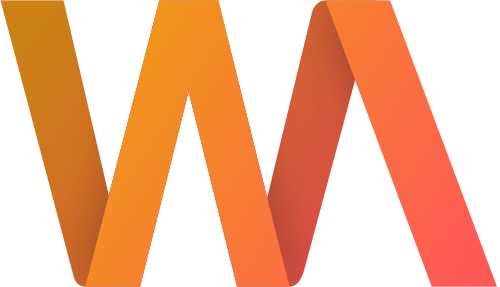Writing Tools for the 21st Century

The tools writers need are changing. And I don't just mean AI, although that's coming too. Writing is becoming less about how you do it and more about having the guts to do it.
Everyone with a computer and access to the Internet has far better tools than the best writers had only a few decades ago. You can turn an idea into a best-selling novel with just a laptop — from writing the first draft to collecting royalties. You can share your ideas with an audience of thousands from your phone. You don't need anyone's permission. Why don't more people take advantage of that?
The challenges that writers face changed too. It can be difficult to find the discipline and mental space required to write when you're surrounded by push notifications on your phone, your wrist and, pretty soon, projected directly onto your retinas. When you can change a tab and watch every movie ever made. It's your brain against an algorithm designed to exploit its every weakness to make you scroll down a little further.
We have the tools to organise our notes and fix our grammar. But what about the things that writers are struggling with in 2021?
The Art and Craft of Writing
Writing has always been a blend of art and craft. Both what you say and how you say it matters. Based on who you're writing for, one can be slightly more important than the other.
As computers learn to perform the more technical aspects of writing, the art will become more and more valuable. Many skills that took new writers years to learn will become irrelevant when GPT-3 can rephrase a paragraph in grammatically correct English at an arbitrary reading difficulty.
This has happened before to photographers. Newcomers had to learn about light and exposure. Each mistake they made cost them money. These days, people have no idea what aperture speed is when they're snapping photos with their iPhones.
When GPT-X can generate complete drafts from a prompt, the artistic aspect of writing — your original idea will be everything.
How to Get Better Ideas?
There’s only one way to become a better artist – you have to practice. You have to keep doing it even though people will judge you. You have to keep going even when you’re not happy with the results. Create a process and integrate it into your daily routine.
When Neil Gaiman struggles to get words on a page, he goes somewhere remote by himself. He used to have a gazebo in the forest behind his house. These days, he keeps a cottage on the Isle of Skye. He wants to be bored because writing is so much easier when you have nothing else to do.
Boredom is a powerful thing. Unfortunately, it’s becoming ever more difficult to be bored. I mean, it’s telling when an award-winning author of over 25 novels has to isolate himself in the Hebrides to do his work.
The Writing Process in 2021
In 2021, most of the technical challenges of writing are close to being solved. The gatekeepers have left the building. What's left is the process.
We need tools that to help us get words on the page and into the habit of writing — a counterweight to the irresistible pull of the algorithmically-curated noise on social media. We have the means to do write. The hard part is staying focused and motivated for as long as it takes to reach a point when having an impact is possible.
That’s the thesis behind Writing Analytics. We’ve built an editor that tracks your writing like Fitbit tracks your workouts. It measures your time, counts how many words you write and delete. It knows how much time you spend typing and when you get distracted. It strips away many of the functions traditional word processors have and replaces them with features to help you stay focused and get your words done.
You can set goals and deadlines for different projects and schedule how many words you want to write each day. The app comes with a built-in habit tracker so you can build streaks. As you progress, you will collect 46 different awards that help you celebrate important milestones on your writing journey.
Final Thoughts
Writing in 2021 is less about having access to information or the right education, or knowing the right people. The shelf space is unlimited. You can publish anything on the Internet. A lot has changed, but writing remains one of the most powerful ways to have your voice heard and make your ideas spread.
The tools are there. But first, you have to say something.



